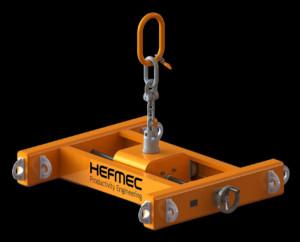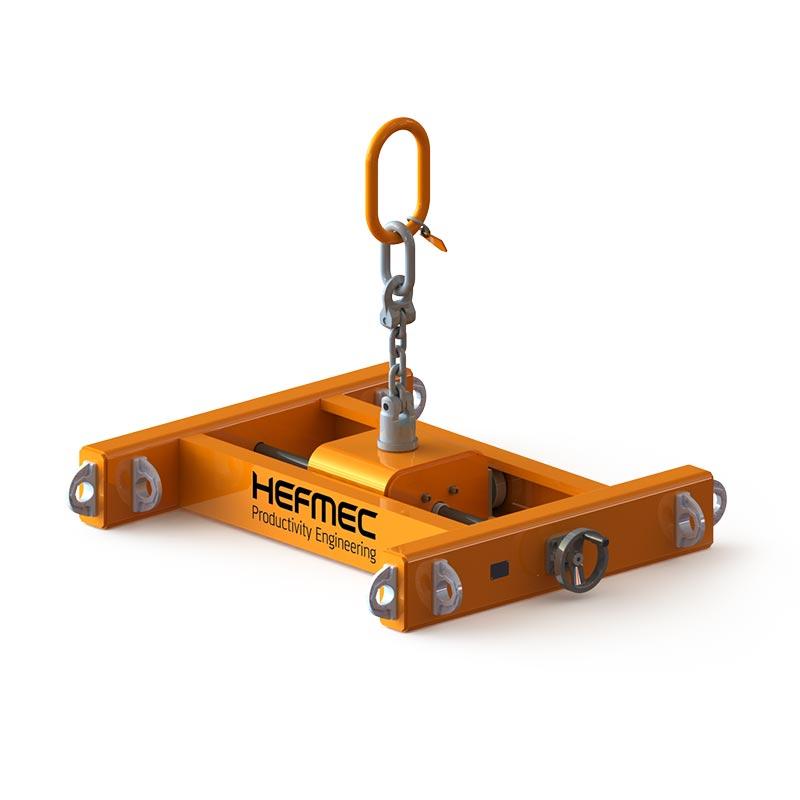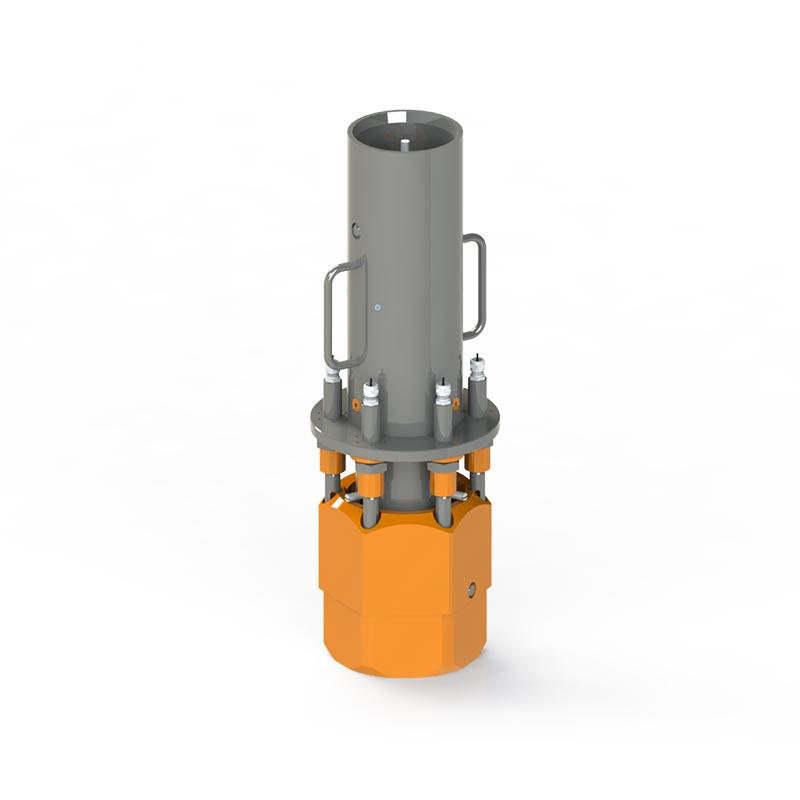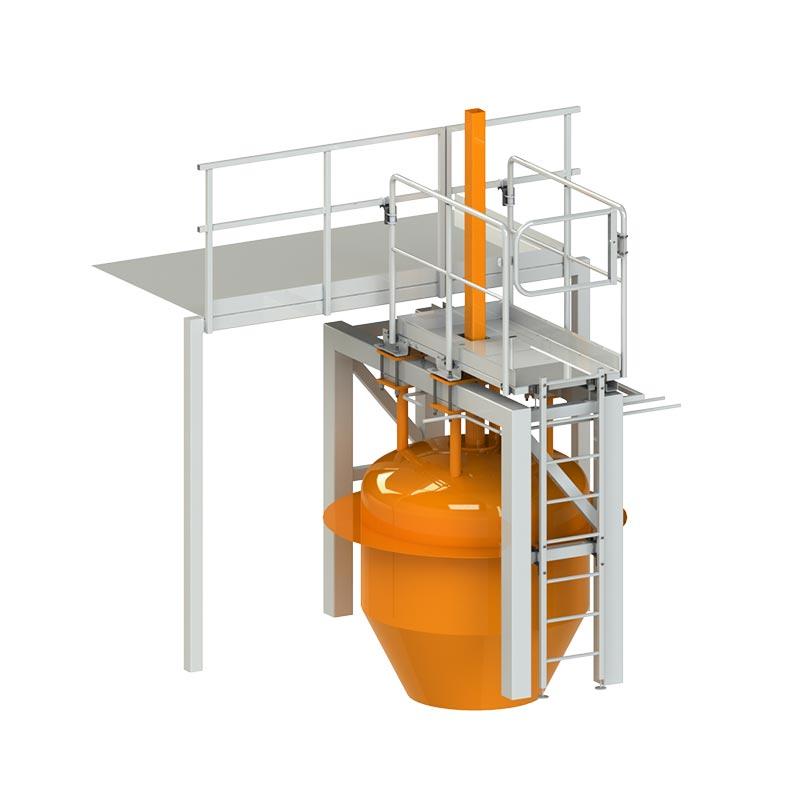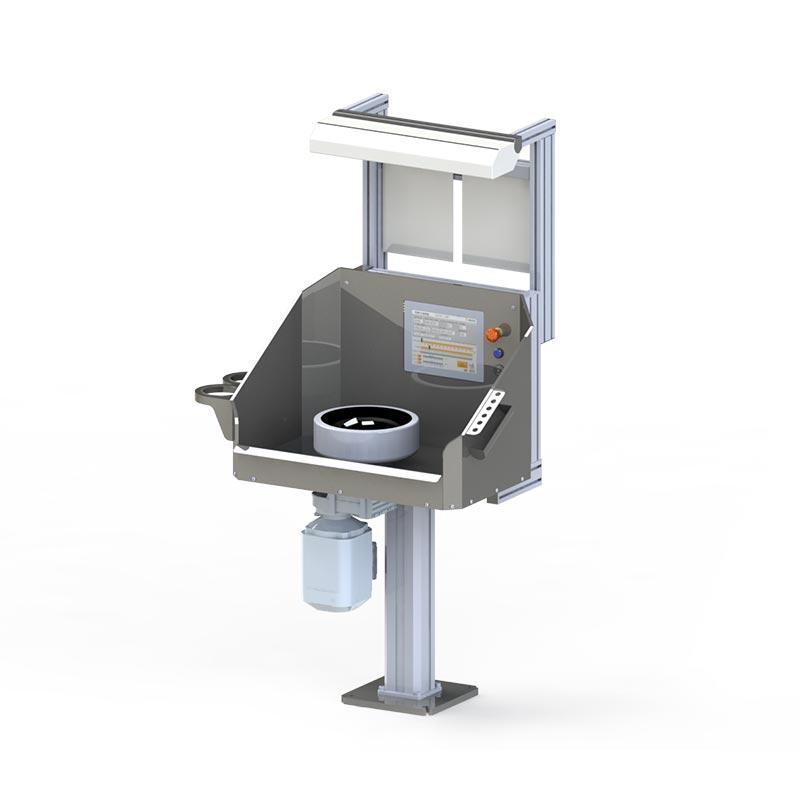In industrial environments, equipment reliability is the basis for production and profitability. The most common equipment failures, such as bearing failures, hydraulic system leaks and electrical component failures, can be effectively prevented by proper maintenance tools and planned maintenance. Predictive maintenance with the right tools ensures uninterrupted production and significantly extends the life cycle of equipment.
What are the most common equipment failures in industrial environments?
In industrial production environments, the range of equipment failures is wide, but certain problems recur regularly. Bearing failures are one of the most common types of failures that can cripple critical equipment. Bearing fatigue, wear or inadequate lubrication often leads to costly production downtime.
Leaks in hydraulic systems are another major category of problems. Seal wear, pipe failures and fitting defects not only lead to wasted hydraulic fluid, but also to environmental risks and system malfunctions. Diagnostic tools developed by Hefmec, such as pressure testers and leak locators, allow these problems to be identified at an early stage.
Wear on electrical components often only becomes apparent in the event of a malfunction. Connector faults, cable damage and overheating of components are the most common problems in electrical systems. Hefmec’s thermal imaging solutions and electrical testing tools help identify these hidden faults before the equipment stops.
Mechanical damage, such as shaft distortions, gear wear and structural fatigue, often develops over time. Vibration analysis tools and material condition assessment equipment are part of Hefmec’s diagnostic tools to predict and prevent these problems.
How can the right maintenance tools save a company money?
Using the right maintenance tools is not just a cost, but a significant investment in your company’s productivity. Predictive maintenance with quality tools allows you to prevent production downtime, which is a direct saving for your production facilities. One hour of unplanned downtime can cost a company thousands of euros.
Minimising repair costs is another key source of savings. By detecting the fault in time and repairing it with the right tools, the spread of the damage and the knock-on effects on other components are avoided. Hefmec’s range of customised wrenches, bearing installation tools and rotary tables are designed to carry out just such repairs efficiently and safely.
Extending the life cycle of equipment is the third major economic benefit. Regular and professional maintenance with the right tools can extend the life of equipment by up to 30-50%. Hefmec offers its customers cost-effective maintenance solutions that pay for themselves in extended uptime and reduced replacement requirements.
What maintenance tools should every industrial plant own?
In addition to basic maintenance tools, every industrial plant should have a range of specialised tools that enable efficient and safe maintenance. Quality torque wrenches are a basic requirement for the correct tightening of all critical joints. Hefmec’s torque wrench range combines precision and durability even under demanding industrial conditions.
Bearing heaters allow safe and quick installation of bearings without mechanical damage. Hefmec induction heaters ensure even heating and thus prolong the life of bearings.
Vibration analysers are the cornerstone of modern predictive maintenance. They allow the condition of machinery to be monitored continuously and detect incipient failures long before they actually occur. The analysers offered by Hefmec are easy-to-use but technically advanced tools for maintenance personnel.
Lubrication equipment, such as automatic grease guns and oil analysers, ensure that moving parts receive the right amount of the right lubricant. Hefmec lubrication solutions are designed for ease of use and precision, minimising lubrication errors and maximising component life.
How often should maintenance tools be calibrated and serviced?
In-house maintenance of service tools is often a neglected area, even though it is critical for measurement accuracy and occupational safety. Torque wrenches should be calibrated at least once a year or after 5,000 uses to maintain accuracy within the manufacturer’s specifications. The Hefmec calibration service provides certified calibration and documentation that meets quality standards.
Calibration schedules for measuring equipment vary depending on the equipment and the degree of use, but the general rule is to check the equipment at least once a year. Critical measuring instruments may require more frequent calibration, especially if they are used under demanding conditions. Hefmec’s calibration service covers all the most common industrial measuring instruments and ensures their reliable operation.
Maintenance intervals for power tools are determined by both the hours of use and the manufacturer’s recommendations. Hefmec recommends a regular inspection routine and a documented maintenance programme to ensure the condition and safety of the tools.
What are the latest technologies for predictive maintenance in industry?
The digitalisation of industry has also revolutionised the way maintenance works. IoT-based monitoring systems enable real-time monitoring and data collection of equipment. Intelligent sensor solutions developed by Hefmec integrate directly into production equipment and provide continuous information on their operational status.
Condition monitoring has evolved from single measurements to continuous monitoring. Modern systems use artificial intelligence to analyse data and identify deviations from normal operation even before the human eye detects any problem. Hefmec’s condition monitoring solutions use advanced algorithms that learn the normal operation of the equipment and accurately predict maintenance needs.
Digital twins are the latest innovations in maintenance. They create a virtual model of a physical device or process, allowing the testing of different scenarios and the development of optimal maintenance strategies. Hefmec has brought digital twin solutions to smaller and medium-sized companies with a cost-effective implementation model.
An action plan for efficient maintenance with Hefmec tools
An effective maintenance strategy starts with mapping the current situation and setting clear objectives. Hefmec’s experts help identify critical equipment and its maintenance needs, which can then be used as the basis for a comprehensive maintenance plan.
In addition to getting the right tools, staff training is important. Hefmec provides training on the correct use of tools and the implementation of maintenance best practices. Continuous skills development is an essential part of effective maintenance.
Regular evaluation and updating of the maintenance programme will ensure that operations remain effective in changing circumstances. Hefmec’s holistic approach to maintenance is based on the principle of continuous improvement, where the maintenance programme is developed on the basis of collected data and experience.
With high-quality tools, skilled staff and a systematic approach, an industrial company can achieve significant savings and production security. Hefmec’s expertise and tailor-made solutions form the basis for reliable production and cost-effectiveness – from individual special tools to comprehensive maintenance systems.


